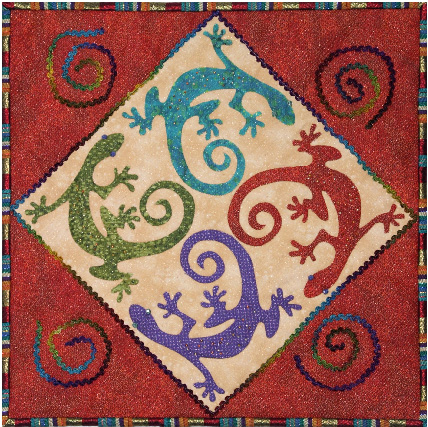
Because so many of us find other artists' works important to our own creative process, it's natural that our characters do, too. So, our heroine might hum a song as she gets ready for work, or our hero might remember an inspiring passage from a book he read. But those songs and books, as well as TV shows, movie dialogue, and even web content and photographs, might be copyrighted material. If it is, you'll be expected to undergo the long process of getting permission to use it.
What can you use in the text of your story without worrying about copyright?
Titles. Titles can't be copyrighted, so chances are that if you say that your character was reading a book called Mystic River, Dennis Lehane can't do anything about that. So, if you want to name the song your character is humming, you can. You just can't quote the lyrics without permission.
Words or passages from the public domain. A copyright expires after 70 years (with some exceptions, see here), so after that, the content of the song, show, or book is fair use unless the copyright holder gets it renewed. That's why we can have books like Pride and Prejudice and Zombies; the original Jane Austen novel has moved into the public domain. Here's a site that can help you find out what books are in the public domain, and here's one for songs.
Things you made up. Why not avoid usage issues altogether and make up the lyrics to your song, or write for yourself the important book passage? If your character is rocking out to that classic hit, “I Love Vampires and They Love Me,” you can say so much more than you could with someone else's words.
Passages you have permission to use. Whether it's a song or book, you need to contact the publisher and explain what you want to do with their work.
What's not allowed?
This one's easy: everything else. You can't use someone else's text unless you have permission from that author/band/songwriter/photographer...whoever holds the copyright. You must contact the publisher to get that permission.
Not even if:
You met the lead singer backstage at a concert last year.
You give them a shout-out in the acknowledgments of your book.
You make it clear that these words are their property, not yours.
You change a word here and there, making it not quite the same as the original.
Think of it this way; you're a writer, right? You wouldn't want someone just using your words without your permission. You might be flattered, but you didn't work your butt off for flattery. All artists and their representatives get final control over what happens to their work—and so will you, when the time comes.





